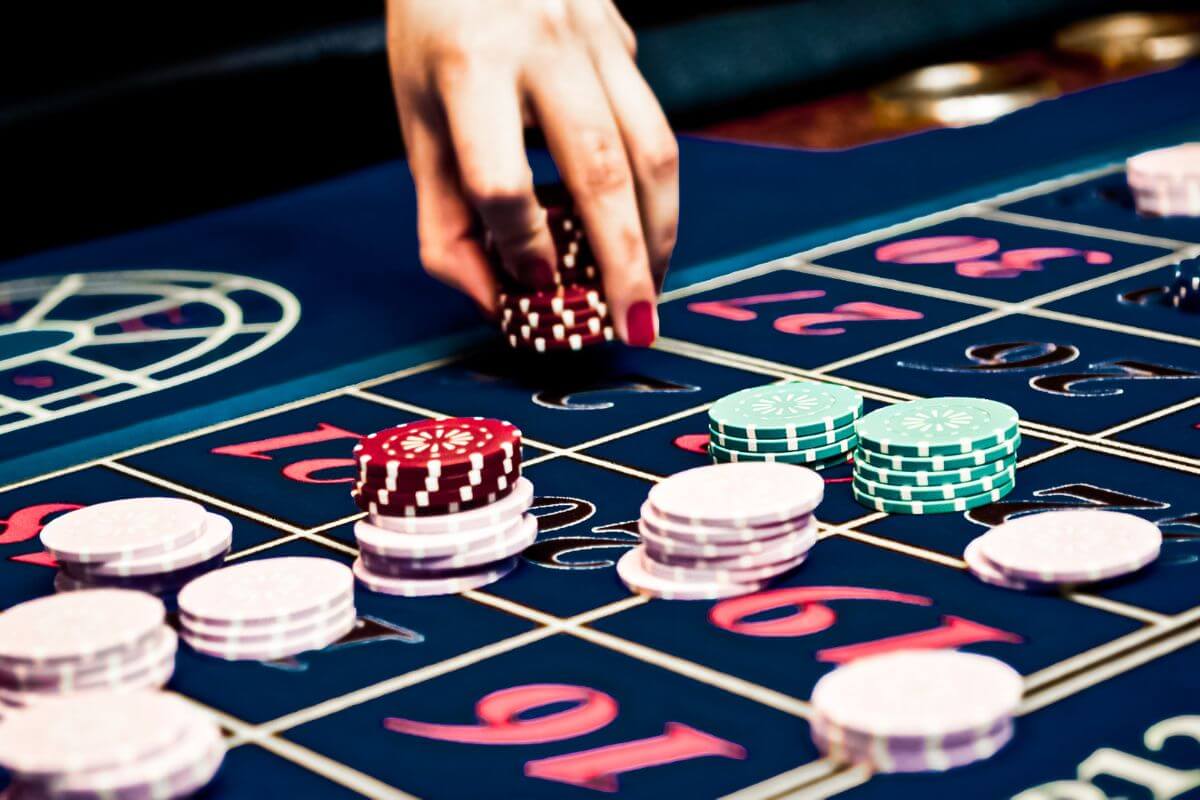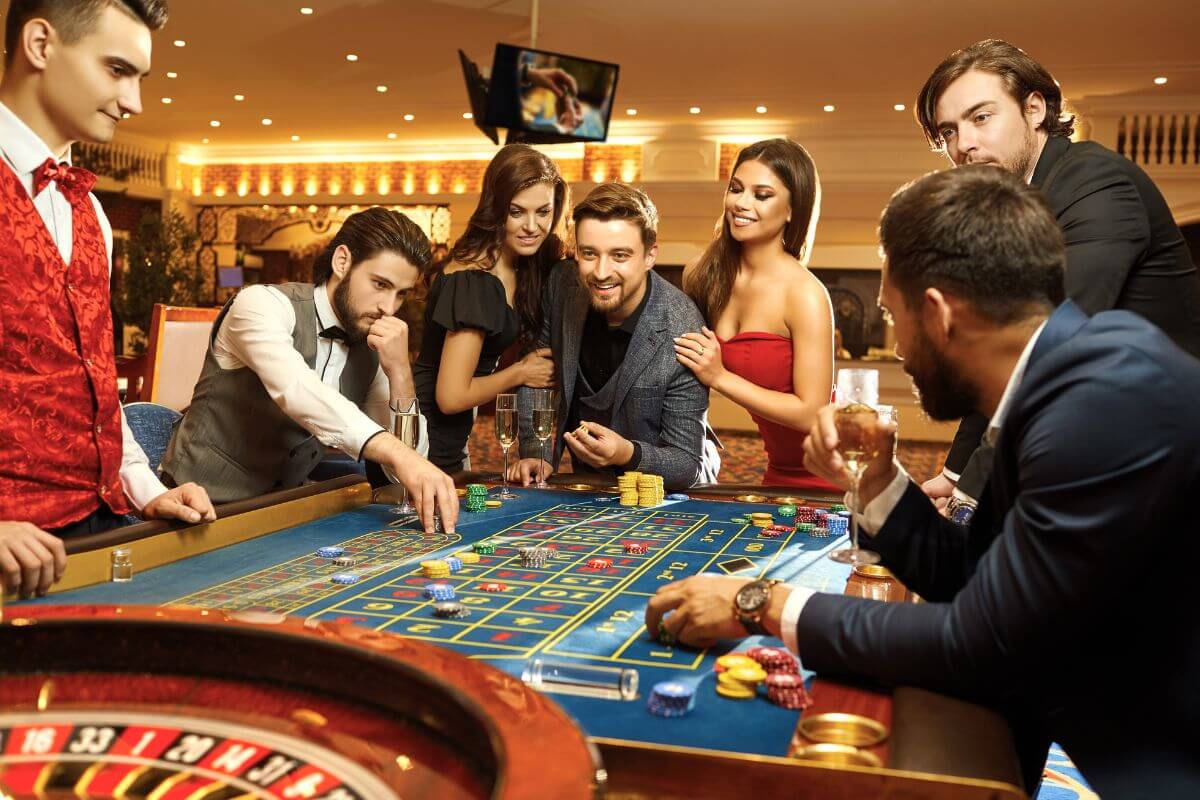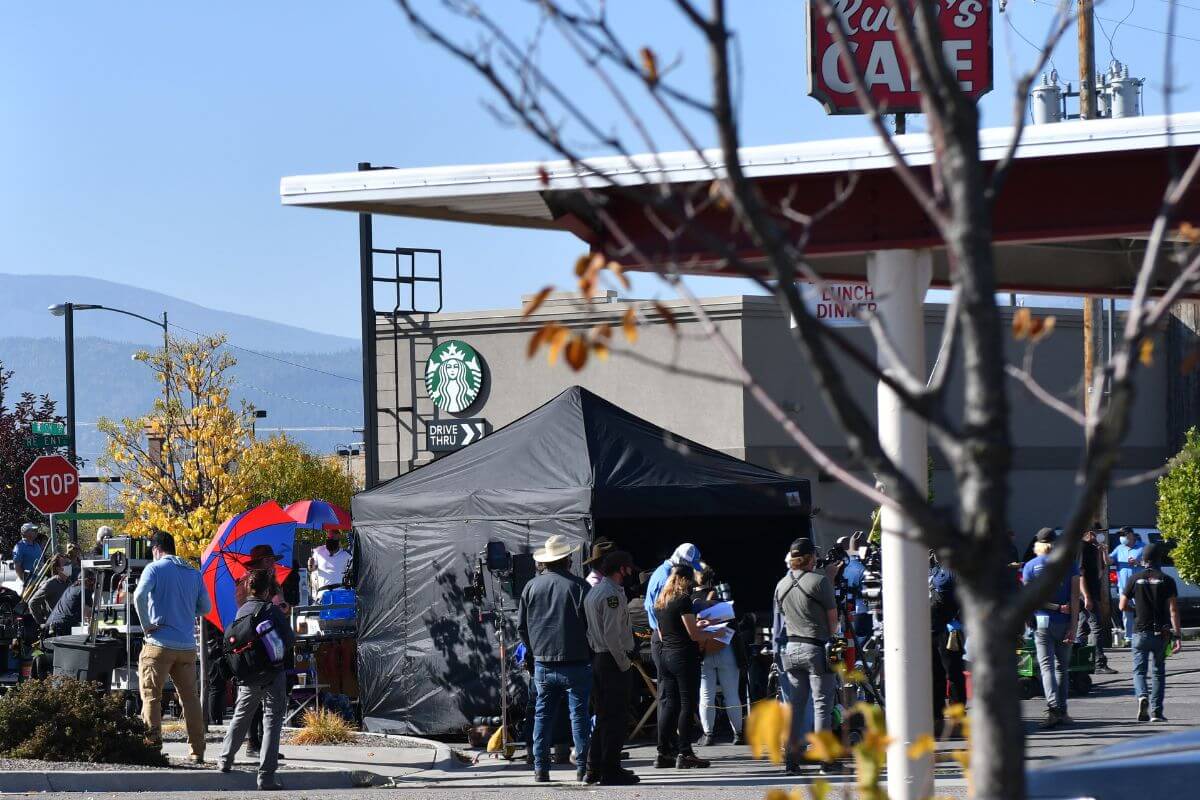Why does Montana have so many casinos? The answer lies in a fascinating blend of history, law, and economic factors that have shaped the Treasure State’s unique gambling landscape.
We’ll take a journey through Montana’s gambling history, from its illegal gambling halls to the legalization of certain games in 1972. We’ll also delve into the modern era, where you can find everything from commercial casinos to charitable gaming and even lottery products.
You’ll discover the economic and cultural significance of Montana’s casinos and get a glimpse into the ongoing policy debates that shape the industry.
- Related article: Best Montana Casinos
So, the next time you’re in Big Sky Country, you’ll have a deeper appreciation for the chips on the table and the rich history behind them.
7 Key Takeaways on Why Montana Has So Many Casinos
- Montana’s gambling scene is diverse and reflects the state’s history and legal transformations.
- Understanding Montana’s gambling laws is essential, as they vary for different types of gambling.
- Online gambling is limited to sports betting within licensed casinos.
- Montana’s lack of caps on licensed casinos and low tax rates have contributed to the industry’s growth.
- Casinos in Montana are economic powerhouses, generating revenue, creating jobs, and boosting tourism.
- The hit TV show “Yellowstone” mirrors real-life debates about the economic benefits and social impacts of casino development.
- The casino experience in Montana is a delicate interplay of law, culture, and economics, and always play responsibly.
Gambling in Montana

Montana’s gambling scene is as diverse as its landscapes, offering a unique blend of casino games and rustic charm. From small-town taverns to sprawling resorts, you’ll find a wide range of gaming options throughout the state. So, let’s explore the intriguing realm of Montana casinos together, shall we?
History of Gambling in Montana

Let’s take a journey back in time through Montana’s gambling history. It’s a story of twists, turns, and legal transformations that have shaped the state’s current gambling landscape.
| Year | Event |
| 1889 | Montana’s new constitution declared all forms of gambling illegal; illegal halls still thrived. |
| 1972 | Legalization of certain games like bingo, raffles, poker, and card games. |
| Between 1972 and the Modern Era | Introduction of various forms of gambling, changes in payout amounts, and ongoing policy debates. |
| Modern Era | A diverse range of gambling options including commercial and charitable gambling, lottery products, and pari-mutuel wagering on horses and dogs. |
Montana’s gambling story isn’t just about games and wagers; it’s a reflection of legal, cultural, and economic factors. It’s a topic that sparks debates and continues to evolve within the state.
So, the next time you’re in Montana and feel like trying your luck, you’re participating in a tradition that’s as old as the state itself.
Montana Gambling Laws

If you’re keen to try your luck in Montana, it’s essential to understand the state’s gambling laws. Here’s what you need to know:
- Montana Casinos – In Montana, various physical casinos, such as Apsaalooke Nights Casino and Fort Belknap Casino, are legally accessible, with a minimum gambling age of 18 — one of the few states allowing individuals to gamble before turning 21.
- Licensed Gaming Establishments – Aside from casinos, licensed gaming establishments are also permitted. These venues, often found in bars and taverns, offer limited forms of gambling, such as video poker and keno.
- Montana Lottery – The Montana Lottery is yet another legal avenue for those seeking a little excitement. From scratch-offs to draw games, the state lottery adds to the diverse gambling landscape.
- Retail Sportsbooks – Montana legalized retail sports betting in 2019, resulting in significant tax revenue. However, unlike some states, online and mobile sports betting remains unavailable in Montana.
- Liquor License and Gambling – As a general rule, many establishments that hold a liquor license in Montana also offer gambling amenities. So, if you’re at a bar and spot a few gaming machines, you now know why.
The current gambling climate in Montana leans heavily toward in-person experiences, with little indication of online expansion. Montana truly offers a unique blend of gambling options, from casinos to licensed gaming establishments and even a state lottery. Just remember, when it comes to gambling, always play responsibly and within the confines of the law.
Montana Online Gambling Laws

If you’re looking to take your casino gaming online in Montana, I’ve got good news and bad news. You can legally bet on sports online, but only within the premises of a licensed casino. The bad news? Other forms of online gambling, from poker to slots and table games, are a no-go.
Here’s a quick rundown of the online gambling landscape in Montana:
- Sports Betting – Governor Steve Bullock legalized sports gambling in Montana in May 2019, but it’s restricted to casino-based retail betting kiosks and sportsbooks. If you’re interested, you’ll need to be physically present at the casino to place your bets.
- Social Casinos – While real-money online casinos are off-limits, social casinos offer a fun alternative. These platforms allow you to play casino games and slots for amusement, without involving real money.
Why the strict regulations? Montana’s gambling laws are rooted in a desire to protect its brick-and-mortar casino industry and ensure responsible gaming.
If you’re planning a trip to the Treasure State and want to try your luck, I’d suggest heading to one of the many fantastic casinos scattered across the state.
Casinos in Montana

Montana’s casino scene is as diverse as its terrain, ranging from small-town gems to bustling hubs. Whether you’re a seasoned player or just looking to try your luck, Montana’s casinos have something for everyone.
Factors That Contribute to the Prevalence of Casinos in Montana

Montana’s casino culture is a unique beast, thriving due to a variety of factors that set it apart from neighboring states. Unlike its counterpart states, Montana lacks a cap on licensed casinos and specific location requirements, which has led to a proliferation of gambling establishments in both urban centers and rural communities.
It’s not uncommon to stumble upon a casino in even the most unexpected of places. The absence of these caps and requirements can be traced back to the state’s relatively lax gambling laws.
Currently, Montana boasts over 1,400 licensed gambling operators and a staggering 16,000 video gambling machines. It’s a veritable playground for those looking to try their luck. Not surprising because there are so many casino hotels in Montana.
But it’s not just the lack of restrictions that have made Montana a casino haven. The state’s tax rate on casino revenues is a modest 15%, significantly lower than what you’d find in neighboring states like North Dakota and South Dakota.
This lower tax rate has made Montana an appealing location for casino operators, as it allows them to retain a larger portion of their profits.
The economic benefits of this casino boom are hard to ignore. Jobs are created, tourism is boosted, and local economies receive a much-needed injection of revenue. Tribal casinos, in particular, serve as cultural hubs, celebrating the indigenous heritage of Montana.
However, it’s important to acknowledge the challenge of regulating the industry to mitigate potential gambling addiction and negative social consequences. Ensure responsible play by factoring it into your overall costs of visiting Montana, ensuring you have ample resources to savor the state’s distinctive casino culture.
Benefits of Casinos to Montana’s Economy

Montana’s casinos are more than just places to try your luck; they’re economic powerhouses. In 2021 alone, the state’s video gaming machines, featuring games like video poker and keno, raked in an impressive $264 million in revenue. The financial impact is far-reaching and extends well beyond the casino floors.
Here’s how Montana’s casino culture is boosting the state’s economy:
- Revenue for Public Programs and Services – A significant portion of the gambling revenue goes back into the community, supporting public programs and services.
- Job Creation, Especially in Rural Areas – Casinos are a lifeline for job seekers, particularly in rural areas where employment opportunities may be scarce.
- Tourism and Spillover Effects – Casinos are magnets for tourists, and their spending doesn’t stop at the gaming tables. This influx of tourism dollars has the potential to spur the growth of new businesses.
The positive economic spillover from Montana’s casinos is hard to ignore. It’s not just about gaming; it’s an intricate web of revenue, job creation, and tourism that benefits communities throughout the state.
Yellowstone TV Series and Casino

The hit TV show “Yellowstone” has done more than just captivate audiences; it has spotlighted Montana’s casino potential.
Set on a fictional ranch and centered around the Dutton family, the series dives into the idea of casino development as a means to boost the local economy. Fans of the show will recall the character John Dutton, played by Kevin Costner, as he contemplates opening a casino on his ranch.
This storyline mirrors real-life debates in Montana, where the economic benefits of casino establishments are weighed against concerns about their impact on communities.
The show’s portrayal is not far-fetched. In Montana, as in the series, casinos can be a potential source of revenue, job creation, and economic stimulus.
However, just as the fictional Dutton family faced resistance from locals, real-life discussions often revolved around the potential negative impacts of casinos, such as increased crime rates or addiction issues.
The “Yellowstone” series serves as a treasure trove of references to the economic and social dynamics of casino development. Exploring the pros and cons through the lens of the Dutton family offers viewers a glimpse into the multifaceted nature of the casino industry in Montana.
Montana Casinos Final Thoughts

Montana’s casino culture weaves a tapestry of law, culture, and economics, standing distinct from other states by eschewing a cap on licensed casinos.
This approach fosters a diverse and decentralized landscape, propelled by low tax rates and employment prospects. While retail sports betting thrives, online gambling remains prohibited, revealing the state’s cautious stance.
Tribal casinos hold cultural significance, enriching Montana’s gambling narrative. The industry’s economic might is undeniable, generating revenue, jobs, and tourist attractions. Yet, debates persist on its societal impact, necessitating stringent regulations.
The TV series “Yellowstone” portrays the industry’s complexities, reminding us of its controversies. As one navigates Montana’s casino landscape, the interplay of law, culture, and economics is evident.
The industry continues evolving, promising a narrative rife with nuances and complexities, reinforcing that while the chips are on the table, the game is far from over.
As you ponder your next move in Montana’s casino landscape, keep in mind this delicate interplay between law, culture, and economics. The chips are on the table, and the game is far from over.
Montana Casinos FAQs
1. How Are Casinos Legal in Montana?
Casinos in Montana are legal due to the state’s evolution of gambling laws. The Montana constitution, revised in 1972, legalized certain forms of gambling like bingo, raffles, poker, and other card games.
Over time, this evolved to include various forms of commercial and charitable gambling, contributing to the current legality of casinos in the state.
2. Are There a Lot of Casinos in Montana?
Yes, Montana hosts a significant number of casinos across urban and rural areas.
With more than 1,400 licensed gambling operators and over 16,000 video gambling machines, the state boasts widespread casino proliferation, facilitated by lax regulations that do not cap the number of licensed casinos or dictate specific location requirements.
3. Why Can You Gamble in Montana?
You can gamble in Montana due to the state’s gradual legalization of various forms of gambling.
Montana’s constitution, updated in 1972, permitted specific gambling activities like bingo, raffles, and poker. Over time, this expanded to include a diverse range of commercial and charitable gambling options, allowing for the existence of casinos within the state.
4. What Type of Gambling Is Legal in Montana?
In Montana, legal gambling includes commercial and charitable options such as casinos, the state lottery, and pari-mutuel wagering on horses and dogs.
This encompasses a broad spectrum, ranging from traditional casino games to lottery products and betting on animal races, forming the primary legal gambling avenues within the state.

